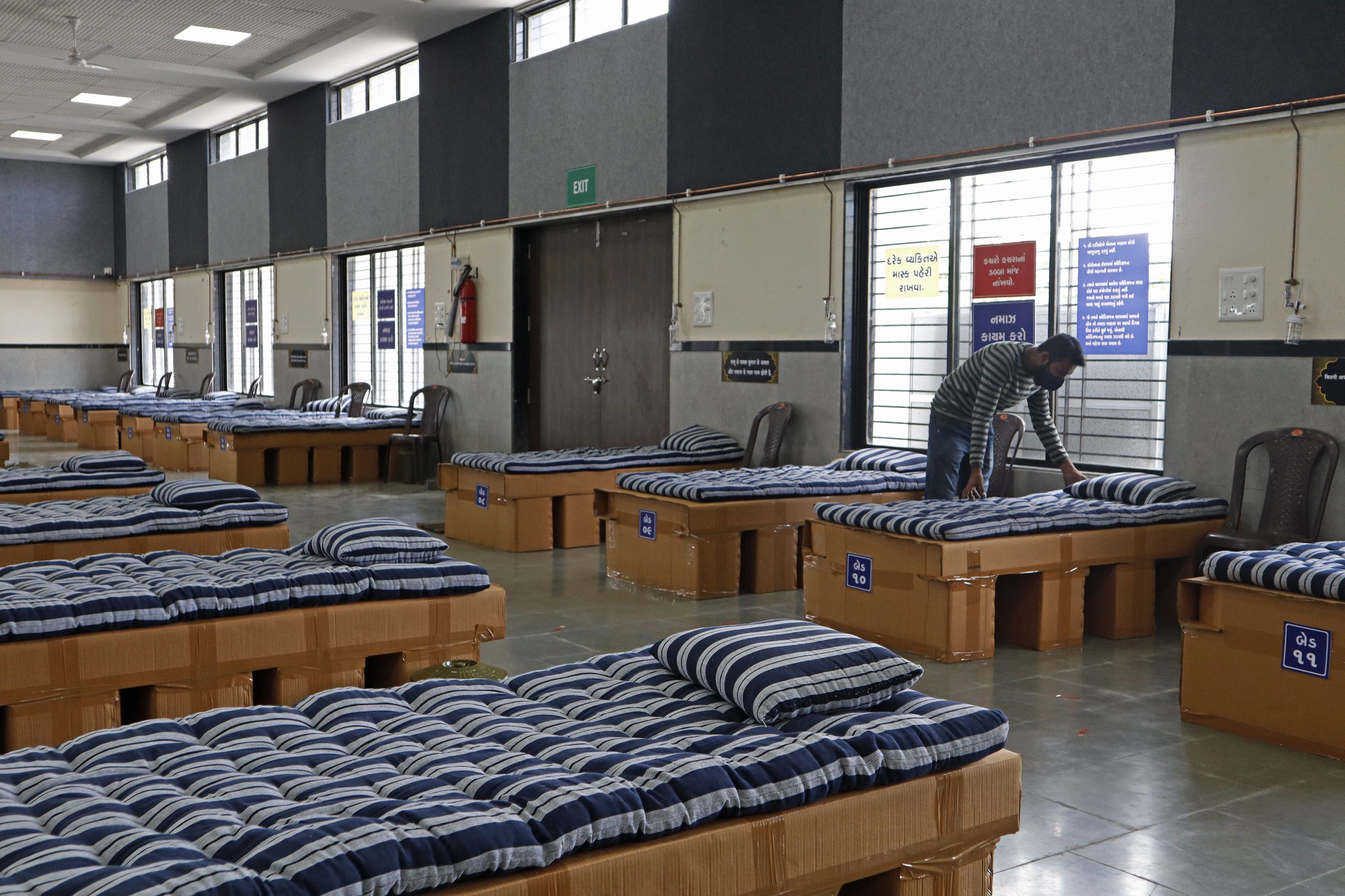
Resolve to Save Lives, a non-profit organisation dedicated to epidemic preparedness, has released a new report titled “Epidemics that Didn’t Happen,” celebrating six successful outbreak responses in 2023,
This report came after its previous projection that a $124bn investment in epidemic preparedness over five years could save the global economy trillions of dollars, a small price compared to the estimated $20bn cost of the COVID-19 pandemic.
The report highlighted the effectiveness of proactive measures in preventing widespread illness and economic devastation.
According to the study, a case in point was the swift containment of a Lassa fever outbreak in Accra, Ghana, in February 2023. A market trader died from severe bleeding, and shortly after, her healthcare provider fell ill.
Public health officials quickly identified the disease and the Ghana Health Service responded promptly, locating over two hundred individuals who had been in contact with the trader and educating the public on Lassa fever’s symptoms.
Their decisive actions identified 27 additional cases and contained the outbreak, preventing its spread to neighboring countries and averting further fatalities. This incident exemplifies how effective preparedness can stop outbreaks before they escalate, the report highlighted.
“Preparedness works. We can change the trajectory of an outbreak when we invest in preparing for it and responding rapidly after it has been detected,” said President and CEO of Resolve to Save Lives, Dr Tom Frieden.
“While the hard work of epidemic preparedness and health protection often goes unnoticed, it can mean the difference between a small outbreak and a large epidemic,” he said.
The report detailed how public health workers managed to stop not only Lassa fever in Ghana but also cholera in Bangladesh, dengue fever in Somalia, H5N1 (bird flu) in Finland, Neethling disease in Cambodia, and leptospirosis in Vanuatu.
According to the organization, in each case, investments in health systems saved lives, prevented human suffering and safeguarded livelihoods.
The research emphasized that effective health systems must be responsive to the needs of local communities, building deep, trusting relationships over years, not just during crises.
“This requires building deep, trusting relationships over many years – not just engaging communities in a crisis. For example, in Finland, strong collaboration between human and animal health officials and fur farmers proved pivotal to allowing a rapid and robust response to the H5N1 outbreak on the fur farms.”
According to the report, timeliness also plays a crucial role in preventing full-scale epidemics as quick responses to outbreaks lead to fewer deaths and lower economic costs.
“In Bangladesh, a joint assessment and response team receives alerts within 24 hours of any suspected cholera case in the Rohingya refugee camps, ensuring prompt action,” it stated.
Resolve to Save Lives advocated a 7-1-7 target: 7 days to detect a suspected outbreak, 1 day to notify public health authorities, and 7 days to implement essential control measures.
The report highlighted the importance of individual actions in outbreak detection and response from healthcare workers to farmers.
In Cambodia, community rangers in a wildlife sanctuary spotted the first case of Neethling disease in wild cattle, helping to prevent the disease’s spread, the report noted.
The report also underscored a growing threat to global health climate change.
Several of the highlighted outbreaks were associated with severe weather events, such as cyclones and flooding with extreme weather becoming more common.
The Senior Vice President, Prevent Epidemics at Resolve to Save Lives, Amanda McClelland, stated, “While we witnessed successful responses to disease outbreaks last year, there are far too many that we are still not ready for.”
“Significant gaps in preparedness remain, particularly in low- and middle-income countries. Leaving these gaps unchecked places all of us in danger,” she expounded.
The World Bank’s new Pandemic Fund aims to provide additional resources for pandemic prevention, preparedness, and response.
However, global funding is still insufficient for quick and effective outbreak responses. In addition to funding, effective implementation on the ground is essential to prevent epidemics and save lives.
The report was developed in collaboration with health ministries and global health and environmental organizations, including the World Health Organization, the International Federation of the Red Cross, and the Wildlife Conservation Society.





